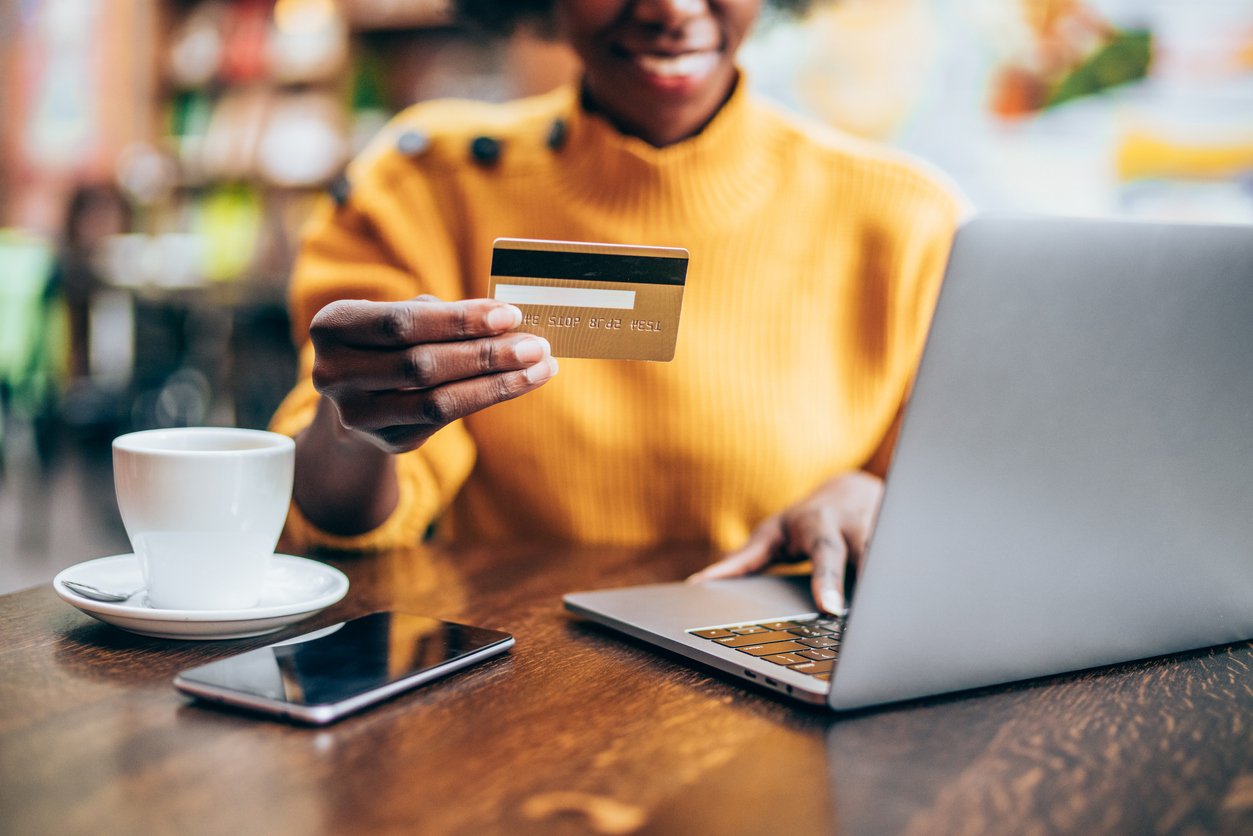Top 15 tips for securing your personal information
Do you ever get concerned about the security of your personal information online? With the increasing number of cyber threats and data breaches, it's more important than ever to take steps to protect your sensitive data. Here are some top tips for securing your personal information.
1. Use Strong and Unique Passwords
One of the simplest ways to enhance your online security is by using strong and unique passwords for all your online accounts. Avoid common passwords like "password" or "123456" and instead use a combination of letters, numbers, and special characters.

2. Enable Two-Factor Authentication
Two-factor authentication adds an extra layer of security to your accounts by requiring a second form of verification, such as a fingerprint scan or a code sent to your phone. Enable this feature whenever possible to ensure that only you can access your accounts.

3. Keep Your Software Up to Date
Outdated software can contain vulnerabilities that hackers can exploit to gain access to your personal information. Make sure to regularly update your operating system, web browsers, and antivirus software to protect against the latest threats.
4. Be Cautious of Phishing Emails
Phishing emails are designed to trick you into revealing sensitive information, such as login credentials or credit card details. Always double-check the email sender and avoid clicking on suspicious links or downloading attachments from unknown sources.
5. Secure Your Wi-Fi Network
Ensure that your home Wi-Fi network is secured with a strong password and encrypted connection. This prevents unauthorized users from accessing your network and potentially intercepting your online activity.
6. Use Secure Payment Methods
When making online purchases, use secure payment methods like credit cards or digital wallets. These methods offer added protections, such as fraud prevention and dispute resolution, in case of unauthorized transactions.
7. Regularly Monitor Your Accounts
Take the time to review your bank and credit card statements regularly. If you notice any suspicious transactions, report them immediately to your financial institution.
8. Be Mindful of Social Media Sharing
Avoid oversharing personal information on social media platforms. Cybercriminals can use this information to impersonate you or even answer security questions to gain access to your accounts.
9. Encrypt Your Files and Devices
Encrypting your files and devices adds an extra layer of protection to prevent unauthorized access. Use encryption tools or built-in encryption features to secure your sensitive data.
10. Backup Your Data
Regularly backup your important files and data to an external hard drive or cloud storage. In case of a security breach or data loss, you can easily restore your information.
By following these top tips for securing your personal information, you can significantly reduce the risk of falling victim to cybercrime. Stay vigilant, stay informed, and take proactive steps to protect your online privacy and security.